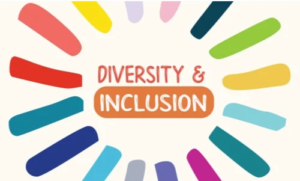
- Rule of Law:
- The rule of law refers to the principle that everyone, including government officials, is subject to and accountable under the law.
- It means that laws are applied consistently and fairly, without favoritism or discrimination, and that no one is above the law.
- The rule of law encompasses several key principles, including legal certainty, equality before the law, procedural fairness, and the protection of fundamental rights.
- It provides a framework for predictable and stable governance, fosters trust in institutions, and ensures that government actions are lawful and legitimate.

- Respect for Rights:
- Respect for rights entails recognizing and protecting the inherent dignity and freedoms of individuals.
- It encompasses civil liberties, such as freedom of speech, assembly, religion, and the press, as well as economic, social, and cultural rights.
- Respect for rights requires governments to refrain from infringing upon or arbitrarily restricting the rights of individuals and to take proactive measures to ensure that rights are upheld and respected.
- It involves creating an environment where all individuals can live free from discrimination, oppression, and abuse, and where their rights are safeguarded by legal and institutional mechanisms.
- Respect for rights is essential for the functioning of democracy, as it empowers individuals to participate fully in society, express their views, and hold government accountable for its actions.
In summary, the rule of law and respect for rights are fundamental principles that underpin democratic governance. They ensure that laws are applied impartially, institutions operate fairly, and individuals’ rights and freedoms are protected. These principles are essential for promoting justice, equality, and the rule of law within society.






